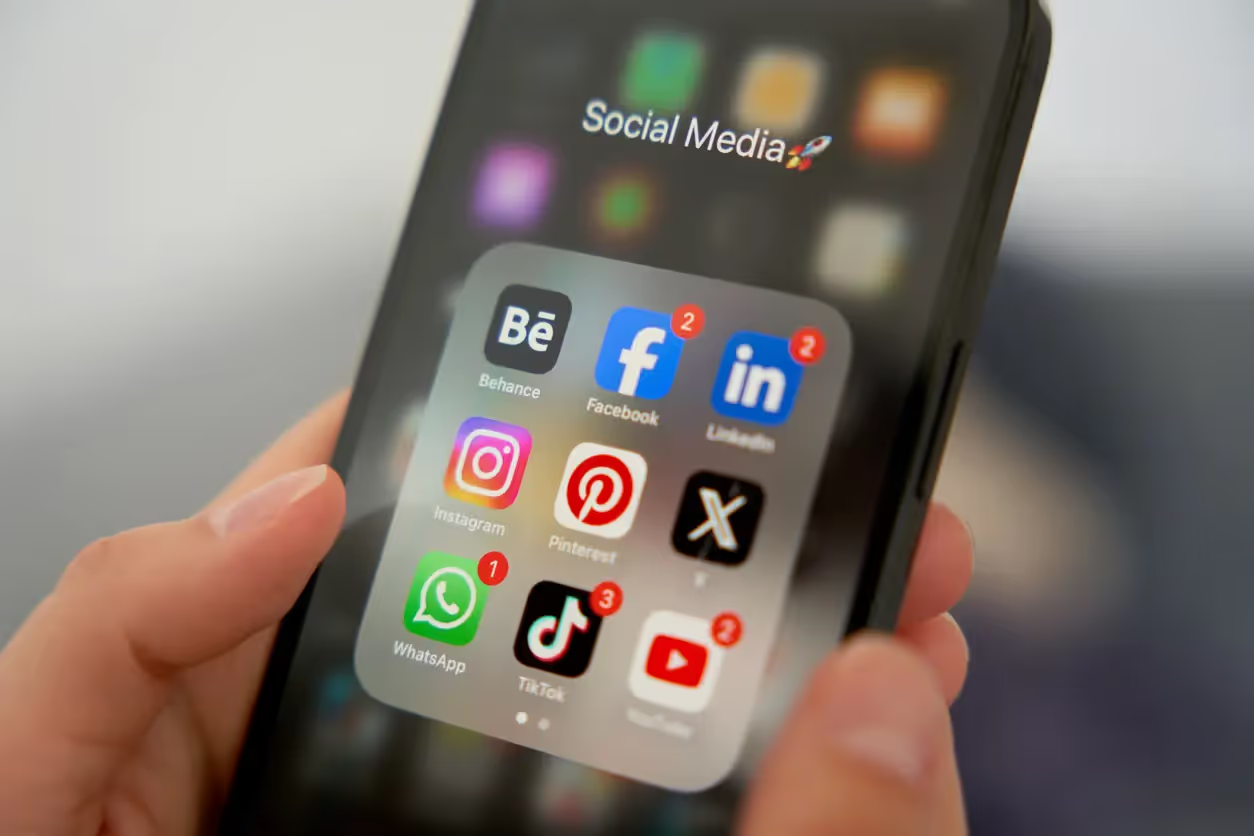Facebook Is a Tool, Not a Strategy
Many home service business owners have been told (or assumed) that being active on Facebook is all they need to market their business. After all, everyone’s on Facebook. It’s free to post. You can run ads with a few clicks. And it feels accessible compared to more technical platforms like Google Ads or SEO.
But here’s the reality: while Facebook can be a valuable part of your marketing mix, relying on it as your only or primary strategy leaves major gaps, and costs you opportunities.
This article explains where Facebook works, where it falls short, and why a healthy marketing strategy needs more than one leg to stand on.
What Facebook Does Well
Facebook is a great platform for visibility, especially when used to build brand familiarity over time. It allows you to stay in front of past and potential customers, promote seasonal services, share behind-the-scenes moments, and highlight customer success stories.
It’s also useful for community engagement and reputation reinforcement. A strong local page with regular posts and active comments sends positive signals to people who are already checking you out. For repeat business and referral nurturing, it plays a valuable supporting role.
And Facebook Ads can work well for certain services, especially promotions, maintenance offers, or lead magnets that appeal to a broad local audience.
Where Facebook Falls Short
The challenge with Facebook is intent. People don’t go there looking for a contractor. They’re there to relax, connect, or scroll. Your marketing has to interrupt them, and then convince them to take action. That’s a heavy lift, especially for high-ticket or urgent services.
Facebook also has limited organic reach. Only a small percentage of your followers will see your unpaid posts. Unless you are boosting content or running paid campaigns, visibility is minimal.
In addition, lead quality can be inconsistent. You may get a high volume of form fills, but lower conversion to booked jobs. Many Facebook leads are curious rather than committed. That means more time chasing, qualifying, and following up.
No Platform Covers the Whole Funnel
The biggest issue with relying on Facebook alone is that it only covers a narrow slice of the customer journey. It’s better for awareness and engagement than for capturing purchase-ready demand.
When someone’s AC breaks or they find a leak, they’re not scrolling through Facebook looking for help. They’re going to Google and typing “HVAC repair near me.” If you’re not visible there, on Maps, in ads, or through SEO, you’re not in the running for those high-intent jobs.
Facebook may support top-of-funnel activity, but it does little for bottom-of-funnel conversions unless it is paired with stronger, more direct channels.
What a Balanced Approach Looks Like
A smart marketing strategy includes Facebook, but does not depend on it. It’s one part of a system, not the whole system.
Here’s how that might look:
- Facebook handles community engagement, repeat business, and brand storytelling.
- Google Ads captures urgent, purchase-ready demand.
- SEO builds long-term visibility and lowers cost per lead over time.
- Reviews and referrals provide social proof and trust.
This type of multi-channel approach ensures you’re not only visible, but visible in the right places at the right times.
Don’t Mistake Familiarity for Strategy
Facebook is a comfortable starting point, but it is not a complete marketing plan. If you’ve found success with it in the past, that’s great—but now it’s time to build a system that supports growth across the board.
The strongest contractors win because they show up where their best customers are looking. Facebook helps. But it’s not enough.




